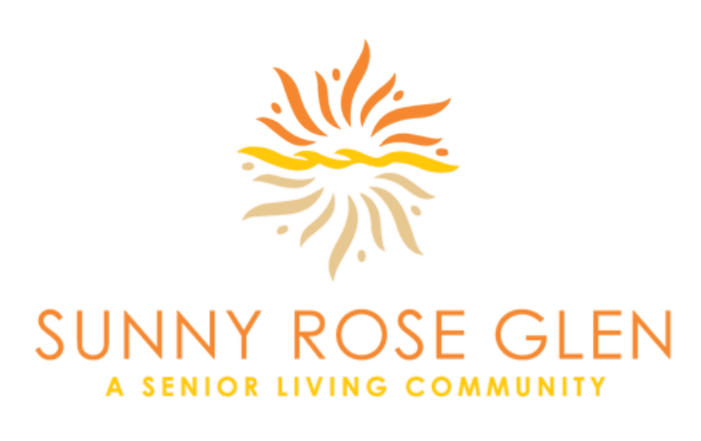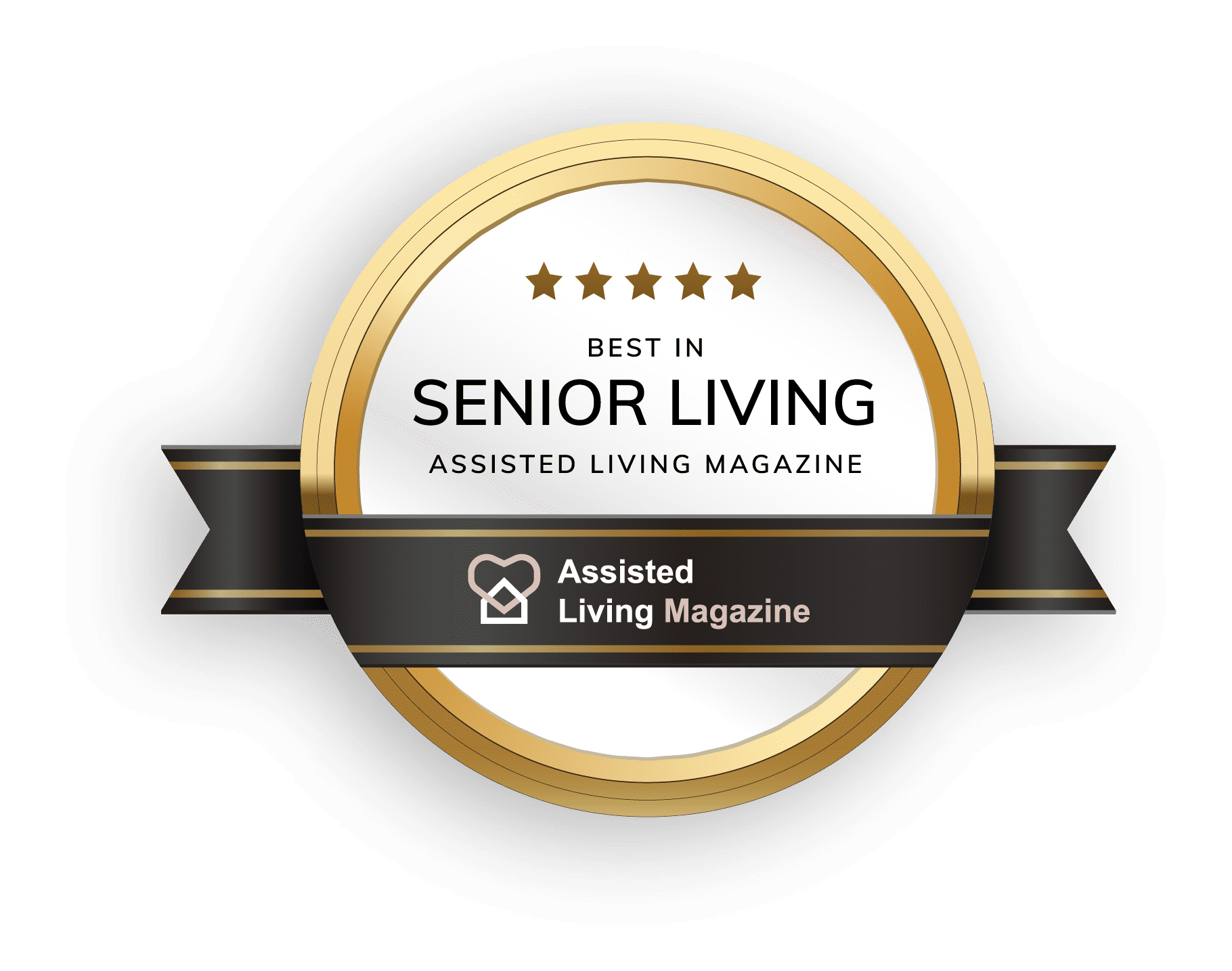Simplified Guide to Riverside County’s Assisted Living Waiver Program at Sunny Rose Glen
Navigating healthcare services can be challenging. This guide simplifies the Assisted Living Waiver (ALW) program for Riverside County residents, designed to assist seniors who require nursing home-level care but prefer the comforts of an assisted living community like Sunny Rose Glen.

I. Overview of Assisted Living and the Waiver Program
Assisted living at Sunny Rose Glen offers a community of peers and specialized care, significantly improving the quality of life for seniors. However, the costs can be daunting for those with limited income. The ALW program provides financial support for seniors to enjoy the benefits of assisted living, avoiding the clinical setting of a nursing home. This program allows eligible seniors to reside in communities like Sunny Rose Glen, enhancing their lives in a home-like setting.
Contact us to learn more about our facilities and the ALW program!
II. Advantages of the Assisted Living Waiver Program
The ALW program at Sunny Rose Glen caters to various essential needs:
- Personal Care: Assistance with daily activities.
- Mobility Support: Aid with movement-related tasks.
- Medication Management: Ensuring correct medication usage.
- Transport Services: For medical appointments.
- Healthcare Services: Access to medical and nursing care.
- Social and Leisure Activities: Engaging community events.
- Cleaning and Laundry: Housekeeping services.
- Nutrition: Nutritious meals.
- Transition Support: For those moving from nursing homes.
These services collectively maintain a high standard of living for our residents.
III. Who Can Apply for the ALW Program?
Eligibility criteria include:
- Age 21 or older.
- Full-scope Medi-Cal eligibility with zero share of cost.
- A need for a level of care equivalent to nursing homes.
Additional Requirements:
- Willingness to live in an assisted living setting.
- Residency in a county offering ALW services, like Riverside County.
IV. Financial Responsibilities and Aid Options
While the ALW program covers many services, participants contribute to room and board costs. Financial aid options are available, including HUD’s Section 202 Program, Veterans’ Benefits, Medicaid, Non-Medicaid State Assistance, Long-Term Care Insurance, and Social Security benefits.
In 2019, the “room and board rate” was approximately $1,039 per month or $1,059 per month, depending on one’s income. Those who cannot afford this minimum monthly expense may be able to find a spot in publicly subsidized housing.
For low-income elders who find it challenging to cover their living expenses, there are several financial assistance options available. Some of these include
- HUD’s Section 202 Program: This program offers subsidized housing for seniors who qualify. It is a rent-assisted housing program that offers various services like housekeeping, transportation, and dining, all aiming to enable elders to live as independently as possible.
- Veteran’s Benefits: The Aid & Attendance program established by the US Department of Veterans Affairs offers eligible seniors need-based financial assistance, in addition to the VA pension. These funds can be used to cover the cost of long-term care.
- Medicaid: Medicaid has several different programs designed to provide financial assistance to elders for assisted living. However, the specifics of these programs vary from state to state.
- Non-Medicaid State Assistance: Long Beach and other areas in Orange County have their own benefit programs designed to help residents cover the cost of assisted living. It’s worth investigating the details to determine if you’re eligible.
- Long-Term Care Insurance: Depending on the type of insurance you have, you may or may not be able to benefit from long-term care insurance. It’s worth discussing this with your insurance company to ascertain if there is any financial advantage for you.
- Social Security: Although Social Security does not cover the cost of assisted living directly, there are ways that individuals and their families may enjoy some benefits. This varies from one state to another. Speaking to your local Social Security office will provide more clarity on the eligibility requirements and benefits.
V. Steps to Enroll in the ALW Program
To enroll, start with a Medi-Cal application through Riverside County’s Department of Human Services. Once approved, contact a care coordination agency for an assisted living waiver. The entire process, from the time you submit your application to the time you receive confirmation, can take anywhere from three to six months.
Although the Assisted Living Waiver Program is available in 15 California counties, including Riverside County, you don’t necessarily have to live in any of these counties to qualify for the waiver. This means you can take advantage of the waiver benefits by moving into an assisted living facility located in any of the counties that offer the ALW program.
Don’t let financial constraints hinder you from the quality care and vibrant community you deserve. Find out if you qualify for the Assisted Living Waiver program and discover life at Sunny Rose Glen.
VI. Navigating Assisted Living Choices
Assisted living communities vary in pricing and accepted financial assistance. Engage in detailed discussions with representatives from each community, like Sunny Rose Glen, for clarity on living expenses and financial assistance recognition.
When considering a move to an assisted living facility, it’s vital to speak to representatives from each facility you’re considering. They can provide specific information about the costs associated with living in their community, as well as the financial assistance options they accept.
This information will help you make a more informed decision that aligns with your budget restrictions and care needs. Don’t shy away from asking for specific details about everything that the cost covers – from meals and room services to personal care and medical assistance.
Remember, the aim is not only to find an affordable option but also to ensure that you or your loved ones can enjoy a good quality of life and receive the necessary care.
VII. Considering Other Senior Care Alternatives
While the ALW program and assisted living facilities provide an excellent option for many seniors, they’re not the only choice available. For some individuals, home care might be a more comfortable or affordable option. Others might find that a residential care home, also known as a board and care home, better suits their needs.
Each of these options has its own set of benefits and drawbacks, and what’s best will depend on an individual’s specific circumstances and needs. It’s important to explore all available options before making a decision. Social workers, care managers, and other professionals can provide valuable guidance during this process.
VIII. Seeking Expert Guidance and Looking Ahead
Advance planning is crucial.
While this guide aims to provide a comprehensive overview of the Assisted Living Waiver program, it’s always a good idea to consult with a qualified financial representative for more information and professional advice.
Planning for elder care is a long-term decision. Consider future needs and possible changes in health status. An assisted living facility that meets an individual’s needs now might not be the best fit in the future. Planning ahead, with the help of professionals, can make transitions easier when they become necessary.
Assisted living facilities, and particularly those accepting the Assisted Living Waiver, can fill up quickly. Therefore, it’s crucial to start the application process early and to consider potential wait times.
IX. Concluding Remarks
The ALW program is a valuable resource for seniors needing assisted living care. Understanding qualifications, financial commitments, and application procedures is key to making informed decisions.
We hope this guide has provided you with valuable information to help you navigate the Assisted Living Waiver Program. Remember, you’re not alone in this process.
Numerous resources are available to help you along the way, from care coordinators to social workers and financial advisors. The journey might be challenging, but with the right information and support, you’ll find the best care option that suits your needs and ensures a comfortable and healthy life.
Assisted Living Waiver FAQ:
1. What is ALW?
ALW stands for Assisted Living Waiver. It’s a program offered by California’s Department of Health Care Services to provide a home-like environment for Medi-Cal beneficiaries who need care services that are typically offered in a nursing facility.
2. Who can apply for the Assisted Living Waiver (ALW) Program?
To apply for the ALW program, an individual must meet the following eligibility criteria:
- Age 21 or older
- Have full-scope Medi-Cal eligibility with zero share of the cost
- Have care needs equal to those of Medi-Cal-funded residents living and receiving care in Nursing Facilities
3. What services are covered under the Assisted Living Waiver program?
The ALW program covers a wide range of services, such as help with everyday activities and chores (including eating, grooming, bathing, and toileting), help with mobility-related activities, administering prescribed medication, providing transportation for medical checkups, organizing various social and recreational activities, and help with housekeeping, laundry, and meals.
4. What costs are not covered by the Assisted Living Waiver?
The ALW program does not cover the cost of room and board. However, there may be other financial assistance options that can help to cover these costs.
5. How do I apply for the Assisted Living Waiver Program in Orange County?
To apply for the ALW program, first, submit a Medi-Cal application to the Orange County Department of Human Services. Once this application is approved, contact a care coordinating agency and request an assisted living waiver. The entire application process can take anywhere from three to six months.
6. Is the Assisted Living Waiver program only available in Orange County?
No, the Assisted Living Waiver program is available in 15 counties in California. However, you don’t necessarily have to live in any of these counties to qualify for the waiver. You can still take advantage of the program by moving into an assisted living facility located in a county that offers the ALW program.
7. Are there other financial assistance options for low-income seniors?
Yes, there are several financial assistance options available for low-income seniors, such as HUD’s Section 202 Program, Veteran’s Benefits, Medicaid, Non-Medicaid State Assistance, Long-Term Care Insurance, and Social Security. The eligibility and benefits of these programs can vary, so it’s best to check with each program directly or consult with a financial advisor.
8. What alternatives are there to assisted living?
Alternatives to assisted living include home care services, adult day care services, residential care homes (also known as board and care homes), and nursing homes. The best option depends on an individual’s specific care needs, budget, and personal preferences.


